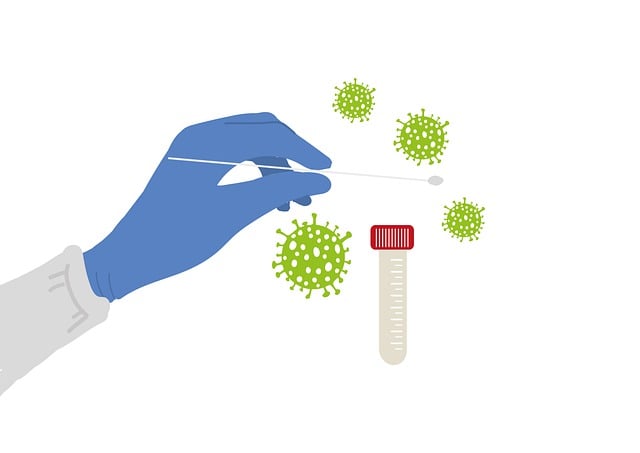Testosterone, essential for various health aspects, is measured via a critical diagnostic tool, the testosterone blood test. This test, aiding in diagnosing conditions like hypogonadism, relies on proper preparation (consistent sleep, fasting) and communication with healthcare providers to interpret results accurately based on individual medical histories and symptoms.
A comprehensive testosterone blood test is essential for accurate diagnosis, especially as low or high levels can impact overall health. Understanding testosterone’s role and its significance in blood testing is crucial. This article guides you through the process, offering insights on how to ensure an accurate diagnosis. From preparation tips to navigating results, learn what it takes to interpret a testosterone blood test effectively.
- Understanding Testosterone and Its Significance in Blood Testing
- Navigating the Process: How to Ensure an Accurate Testosterone Blood Test Diagnosis
Understanding Testosterone and Its Significance in Blood Testing
Testosterone, a hormone primarily produced by the testes in men and ovaries in women, plays a pivotal role in various bodily functions, including muscle development, bone density, energy levels, and sexual health. It is essential for maintaining overall well-being and reproductive function. In the context of healthcare, a testosterone blood test is a crucial diagnostic tool that measures the level of this hormone in the bloodstream, providing valuable insights into an individual’s hormonal balance.
This test is particularly important when symptoms such as decreased energy, muscle mass loss, or sexual dysfunction are present. Accurate diagnosis and treatment planning for conditions like hypogonadism (low testosterone) or other endocrine imbalances heavily rely on the results of a comprehensive testosterone blood test. It allows healthcare professionals to assess hormone production, identify potential issues, and tailor treatments accordingly, ensuring optimal health outcomes.
Navigating the Process: How to Ensure an Accurate Testosterone Blood Test Diagnosis
Navigating the Process: Ensuring an Accurate Testosterone Blood Test Diagnosis
To ensure a comprehensive and accurate diagnosis through a testosterone blood test, it’s crucial to prepare properly before the appointment. This includes maintaining a consistent sleep schedule, as hormonal levels can fluctuate with daily rhythms. Fasting for 8-12 hours prior to the test is also essential, as food intake can interfere with hormone levels. On the day of the test, arrive at the lab calm and relaxed; stress can impact results.
During the procedure, make sure to ask any questions you may have about the process or expected timelines for results. After the draw, follow any post-test instructions from your healthcare provider carefully. Regular communication with your doctor is key to interpreting test results accurately, as they can guide you based on your medical history and symptoms.
A comprehensive testosterone blood test is a powerful tool for diagnosing hormone imbalances and related health issues. By understanding the significance of testosterone in blood testing and navigating the process carefully, individuals can ensure accurate results. This enables timely interventions and promotes overall well-being, highlighting the importance of a precise testosterone blood test as a game-changer in diagnosis and treatment planning.
